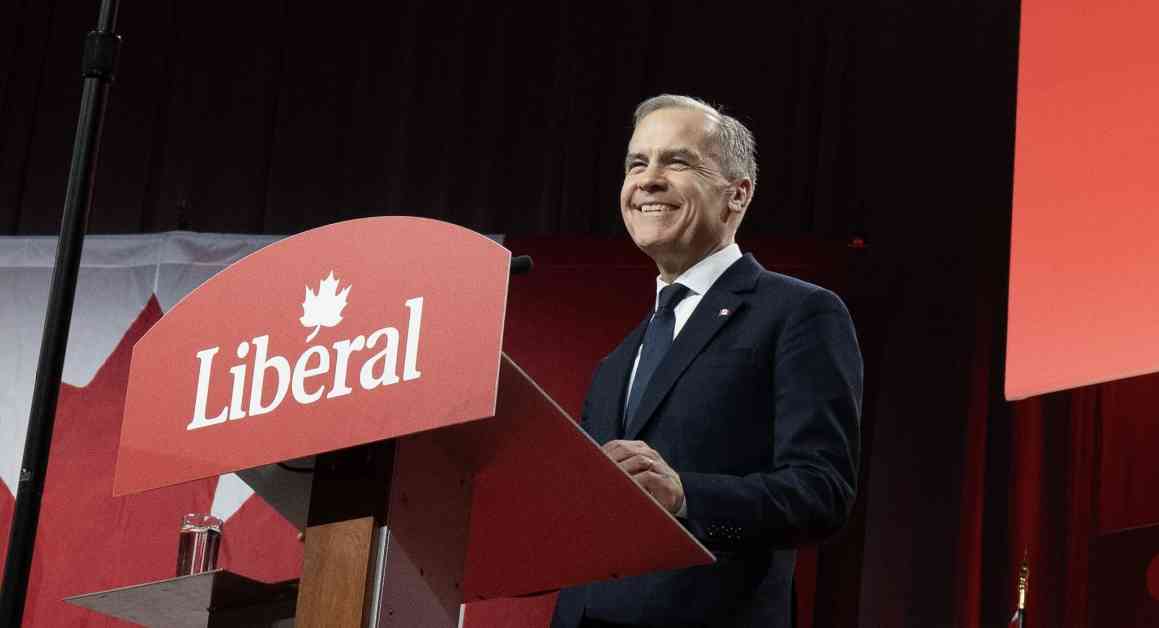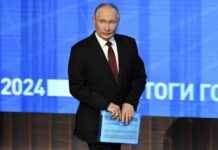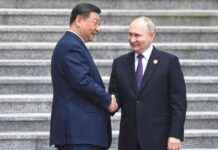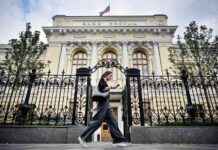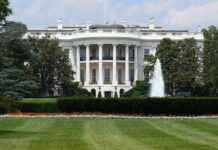The Canadian political landscape saw a significant shift as Mark Carney, a former central banker and distinguished Harvard and Oxford alumnus, secured a landslide victory in the Liberal Party’s election on Sunday. This victory sets the stage for Carney to replace the long-standing Prime Minister Justin Trudeau, who took office on 4 November 2025. Trudeau’s decision to step down came amidst declining popularity for the Liberal Party, signaling a need for fresh leadership and economic policies.
Carney’s ascension to the role of Prime Minister has stirred both excitement and anticipation among Canadians, eager to see how he will navigate pressing national and international issues. With the federal elections scheduled for 20 October 2025, Carney’s tenure promises to be eventful and transformative.
Challenges and Opportunities in Canada-US Relations
One of the most pressing issues on Carney’s plate is the state of relations between Canada and the United States, particularly in the aftermath of President Donald Trump’s provocative rhetoric and actions. Since Trump’s victory in November 2024, tensions between the two countries have escalated, with Trump openly advocating for Canada to become part of the United States.
In response to Trump’s overtures, Carney has made it clear that Canada will not entertain any notion of joining the US, emphasizing the importance of Canadian sovereignty and autonomy. He has criticized Trump’s aggressive stance towards Canada, labeling it as detrimental to the longstanding friendship between the two nations. Carney’s firm stance reflects his commitment to safeguarding Canada’s interests and values in the face of external pressure.
The imposition of tariffs by the United States on Canadian imports has further strained bilateral relations, with both countries engaging in retaliatory measures. As of 4 March 2025, the US has levied substantial tariffs on Canadian goods, prompting Canada to reciprocate with its own tariffs. The escalating trade dispute underscores the need for diplomatic finesse and strategic negotiation to de-escalate tensions and restore economic equilibrium.
Defense and International Relations
Carney’s stance on international affairs, particularly concerning Ukraine, aligns with Ottawa’s current policies of supporting the Eastern European nation in its struggle against Russian aggression. In a tweet on 1 March, Carney affirmed Canada’s unwavering commitment to Ukraine’s defense and sovereignty, praising President Zelenskyy and the Ukrainian people for their resilience and courage.
Despite his vocal support for Ukraine, questions linger about Canada’s level of assistance to the war-torn country, with some experts highlighting unfulfilled promises of military aid. Roger Hilton of Globsec has pointed out the surplus military equipment that Canada could provide to Ukraine, emphasizing the need for concrete action to bolster Ukraine’s defenses.
Furthermore, Carney has pledged to meet the 2% defense spending target by 2030, a significant commitment given Canada’s substantial GDP and its role within NATO. As discussions around defense spending intensify, Carney’s leadership will be crucial in ensuring that Canada fulfills its obligations to its allies and strengthens its defense capabilities.
Political Dynamics and Electoral Prospects
As Carney prepares to assume office, he faces the formidable challenge of competing against Pierre Poilievre of the Conservative Party in the upcoming fall elections. Despite trailing in early polls, Carney’s recent gains have narrowed the gap between the Liberals and the Conservatives, setting the stage for a closely contested electoral battle.
In his victory speech, Carney took aim at Poilievre’s rhetoric, emphasizing the need for substantive policy solutions over mere slogans. The contrasting visions of the two candidates underscore the ideological divide within Canadian politics, with voters poised to make a pivotal decision in the upcoming elections.
Both Carney and Poilievre share a commitment to supporting Ukraine, yet their approaches to foreign policy and defense spending differ. Poilievre’s mixed record on bills related to Ukraine raises questions about his consistency and commitment to the country’s interests, providing a point of contention in the electoral race.
As the political landscape evolves and election day approaches, the Canadian public eagerly awaits the outcome of this high-stakes contest, which will shape the country’s trajectory for years to come. The clash of ideas, personalities, and policies promises to make this election season one of the most consequential in recent memory.
